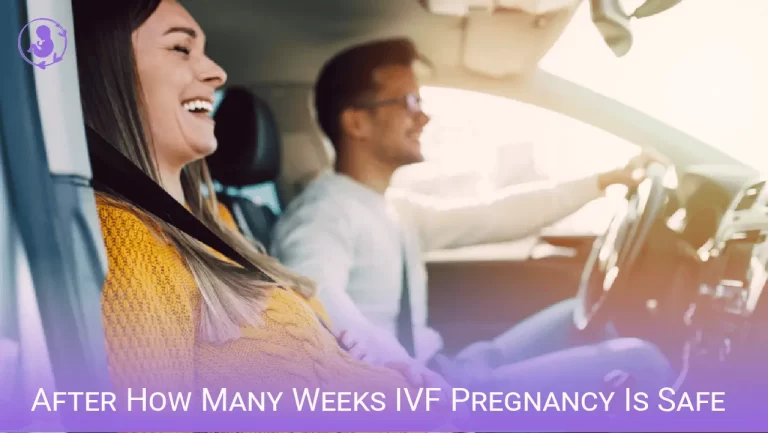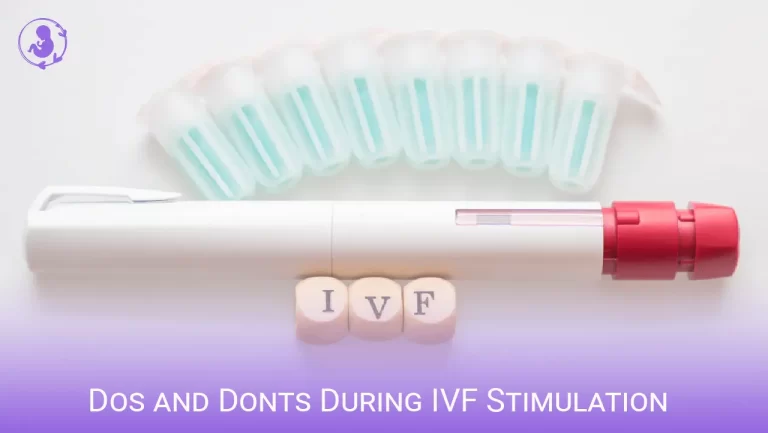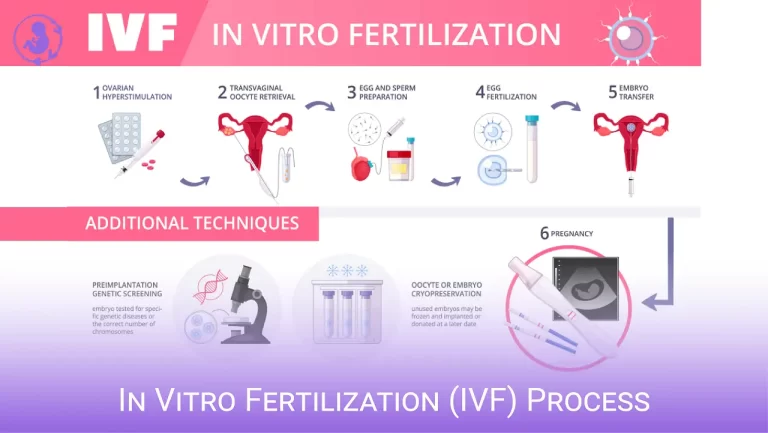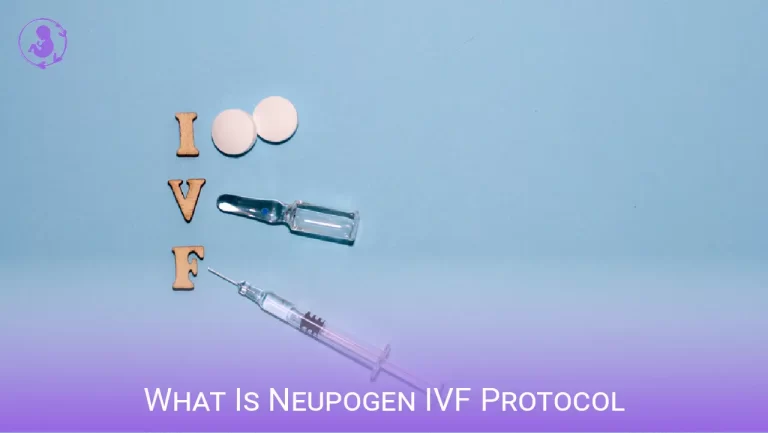Donor Eggs in IVF Treatments – Overview, Cost & FAQs
Are you considering using donor eggs in your IVF treatment? This article will provide you with an overview of the process, including the cost and key considerations to keep in mind.
You’ll learn about the success rates and statistics of using donor eggs, as well as find answers to frequently asked questions.
By networking with other couples who have gone through similar procedures and seeking information from reputable sources, such as the American Society for Reproductive Medicine, you can make informed decisions about your fertility journey.
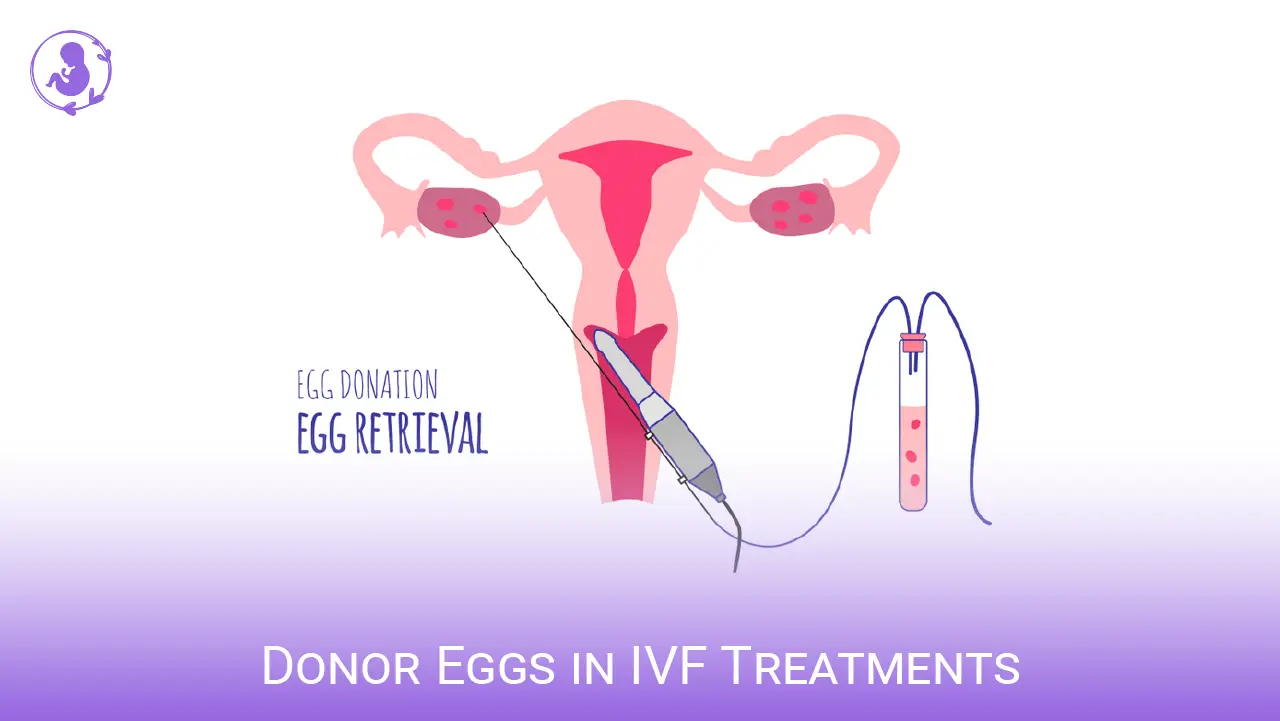
The Process of Donor Eggs in IVF Treatments
If you choose to use donor eggs in your IVF treatment, the process involves fertilization and development of embryos using the donor eggs.
The first step is to find a donor egg, which can be done through an egg donation program or agency. The donor will undergo a series of tests and screenings to ensure her suitability as a donor.
Once a donor is selected, the donor eggs are retrieved through a procedure called egg retrieval. The eggs are then fertilized with sperm in a laboratory through a process called in vitro fertilization (IVF).
The resulting embryos are monitored for development and quality. Finally, the embryos are transferred into the recipient’s uterus in the hopes of achieving a successful pregnancy.
Understanding the Cost of Donor Eggs in IVF Treatments
The average price range for using donated eggs in IVF can vary depending on the clinic and location. When choosing an egg donor, you may have the option to go through a donor egg bank or use a frozen donor egg. The cost can also depend on whether you decide to donate eggs or go through the process of retrieving them.
Fertility centers often have different pricing structures, so it’s important to research and compare costs. Keep in mind that the cost of IVF treatments using donor eggs may include additional expenses such as medications, ultrasounds, and embryo transfers.
It’s recommended to consult with a fertility specialist or clinic to get a better understanding of the total cost involved in using donor eggs for in vitro fertilization.
Key Considerations for Donor Eggs in IVF Treatments
When considering the use of donated eggs in IVF, it’s important to explore factors such as success rates, genetic screening, and the support provided by the fertility clinic. Donor eggs can offer hope to individuals and couples struggling with infertility, but there are key considerations to keep in mind.
Here are three important factors to consider:
- Success Rates: Research the clinic’s success rates with donor egg IVF treatments to ensure you have the best chance of achieving a successful pregnancy.
- Genetic Screening: Ensure that the donor eggs have undergone thorough genetic screening to minimize the risk of passing on genetic disorders to your child.
- Support Provided: Look for a fertility clinic that offers comprehensive support throughout the process, including emotional counseling and guidance.
Success Rates and Statistics of Donor Eggs in IVF Treatments
To maximize your chances of a successful pregnancy, it’s important to research and consider the success rates and statistics associated with using donated eggs in your IVF journey. Donor eggs can be a viable option for couples struggling with infertility. Here is an overview of the success rates and statistics of donor eggs in IVF treatments:
| Success Rates | Statistics |
|---|---|
| 60-80% | Over 42% of assisted reproduction techniques using fresh donor eggs resulted in a birth in 2018. |
| Donated embryos often come from older couples, reducing the chances of success. | |
| The American Society for Reproductive Medicine recommends donors to be under the age of 34. |
Frequently Asked Questions About Donor Eggs in IVF Treatments
If you’re considering using donated eggs in your IVF journey, you may have questions about age restrictions for potential donors, costs, and the process of retrieving and fertilizing the eggs. Here are some frequently asked questions about donor eggs in IVF treatments:
- What is the overview of using donor eggs in IVF treatments?
- How much does using donor eggs in IVF treatments cost?
- What are the frequently asked questions about using donor eggs in IVF treatments?
Using donor eggs in IVF treatments involves selecting a donor who meets certain criteria and undergoing a process to retrieve and fertilize the eggs. The cost of using donor eggs in IVF treatments can vary depending on factors such as the clinic, the donor agency, and any additional services required.
Frequently asked questions about using donor eggs in IVF treatments often revolve around the success rates, the legal and ethical considerations, and the emotional aspects of the process. It’s important to consult with a fertility specialist to get all the information you need and make an informed decision.
Read More On IVF

